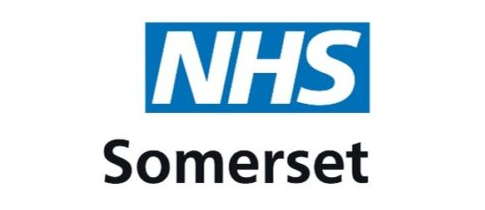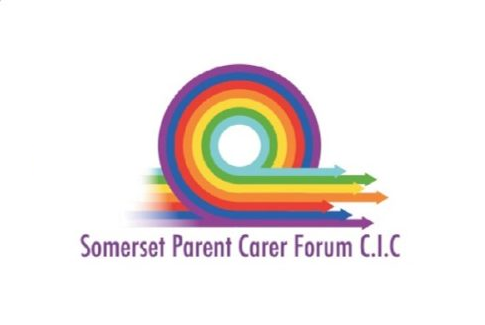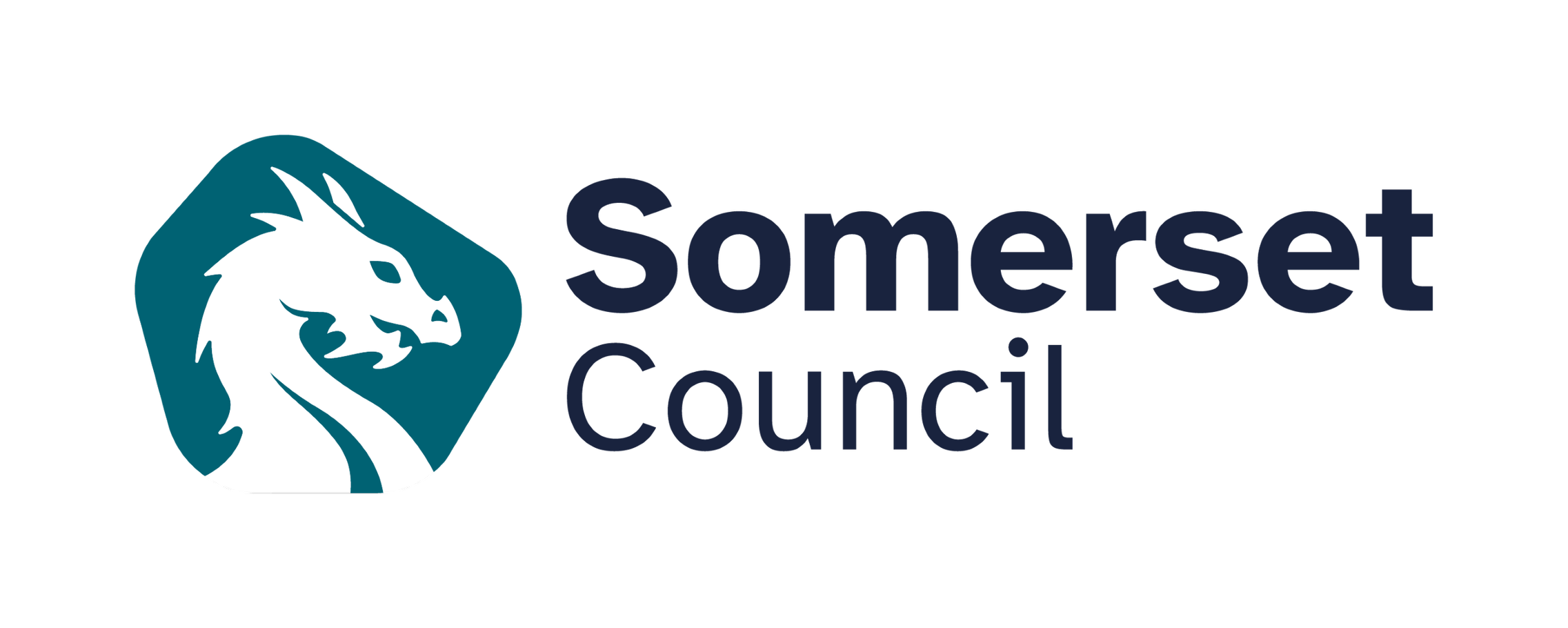Overview
The Next Steps form should only be completed once reasonable steps have already been made to support the young person and family. These steps might include changes at school or getting help from other services. Every young person needs different kinds of support.
The Next Steps form helps the Children and Young People’s Neurodevelopmental Partnership (CYPNP) decide if a child or young person should be assessed for a neurodevelopmental condition. Currently, the CYPNP only assess for Autism and ADHD (Attention Deficit Hyperactivity Disorder).
Completing the Neurodevelopmental form
We strongly recommend that parent carers and referring practitioners, and where appropriate the young person, meet to talk about the young person’s strengths and complete the Neurodevelopmental Next Steps form together. You can find this form in the downloads section on this page. Each section of the form includes prompts of what you may want to include.
When you use screening tools to get more information, the Children and Young People’s Neurodiversity Partnership (CYPNP) finds that writing about the results and what they mean is more helpful than just giving the scores. Make sure to include these written outcomes and evaluations in the Next Steps form. SENCOs should look at the recording of the “Neurodevelopmental Next Steps form” session from the Autism and ADHD SENCO Discussion Group.
Sometimes, children or young people behave differently in different settings because they are masking. For example, they might hide their self-soothing behaviours at school. Some children who seem very compliant at school may actually be neurodivergent and vulnerable, especially if they find comfort in the structure the school provides. SENCOs should look at the recording of the “Masking and Autism: What do we know and how can we support?” session from the Autism and ADHD SENCO Discussion Group.
It is important that the evidence provided in the form gives a full understanding of the child or young person. You can also get information from people who run activities outside of school or other services helping the family, like the Family Intervention Service.
Referring professionals
Any professional working in education, health and care can fill out the Next Steps form, provided they have the necessary evidence. This could be a SENCO , therapist, PFSA, social worker or GP. Ideally, the person who knows the child best should complete the form – this is often, but not always, someone from the school. If the school does not complete it, then the school will always be asked for a contribution that will be considered to decide if an assessment is needed.
When there is a disagreement between an education setting and the family on whether a request for a neurodevelopmental assessment should be made, parent carers can get support from Somerset SENDIAS (Special Educational Needs and Disability Information, Advice and Support). The Next Steps form can be completed through Somerset Parent Carer Forum if agreed. The Children and Young People’s Neurodiversity Partnership needs evidence of a graduated response. This can be shown by the school or any other organisation that the child or young person is known to, across Education, Health or Care.
Somerset Parent Carer Forum can help Home Educators fill out the Next Steps form if no professionals are working with your family.
Sending the form
The form must be submitted by a practitioner working with the young person to the Children and Young People’s Neurodiversity Partnership. It should be sent securely, either by secure or encrypted email to ChildNDSReferrals@somersetft.nhs.uk
For general enquiries about whether referrals or documents have been received, please phone 01823 346127 (open 8am to 4pm Monday to Friday) or email ChildNDS@somersetft.nhs.uk. Unfortunately, we cannot give a timeframe for when we will be in contact to arrange an appointment.
Triage
All new requests for a neurodevelopmental assessment are triaged by a member of the Children and Young People’s Neurodiversity Partnership clinical team.
If the case is complicated, triaging clinicians can request the information be reviewed by a member of the Children and Young People’s Neurodiversity Partnership clinical leadership team. This will be done by placing them on the agenda for discussion at regular Multi-disciplinary Team (MDT) Triage meetings.
In exceptional circumstances, where things are especially complex and more information is needed (such as details from Children’s Social Care or Education records) a young person’s referral might be looked at more closely. This would happen through a regular Interagency Multi-disciplinary Team Triage meeting. This is where professionals from different services come together to discuss the case.
What happens next depends on the age of the child or young person.
Expedited Assessment
Sometimes, a neurodiversity assessment needs to be done urgently. This only happens in rare and exceptional cases – when a young person is at significant risk and a quick assessment could help reduce those risks.
Before asking for an expedited assessment, the right specialist support must already be in place. This could include services like:
- Child and Adolescent Mental Health Services (CAMHS)
- Children’s Social Care (such as the Family Intervention Service)
- Forensic CAMHS or the Youth Justice Team
Only professionals working in specialist services can request an expedited assessment through the CYPNP telephone advice line.
Requests cannot be made by:
- young people or their parent carers
- schools (such as SENCo)
- GPs or other primary care providers
- most secondary care services (such as Community Paediatrics)
If families are worried about a young person’s safety, they should seek support from the appropriate specialist services as soon as possible.
Transfers into Somerset
If a child or young person moves into Somerset and was already waiting for a neurodiversity assessment through NHS in another area, their previous wait will be considered when deciding their place on the local waiting list.
To do this, we will need confirmation of the original referral.





